
About Andrew Cusack
 Writer, web designer, etc.; born in New York; educated in Argentina, Scotland, and South Africa; now based in London.
Writer, web designer, etc.; born in New York; educated in Argentina, Scotland, and South Africa; now based in London. read more
News
Blogs
Reviews & Periodicals
Arts & Design
World
France
Mitteleuropa
Knickerbockers
Argentina
The Levant
Africa
Cape of Good Hope
Netherlands
Scandinavia
Québec
India
Muscovy
Germany
Academica
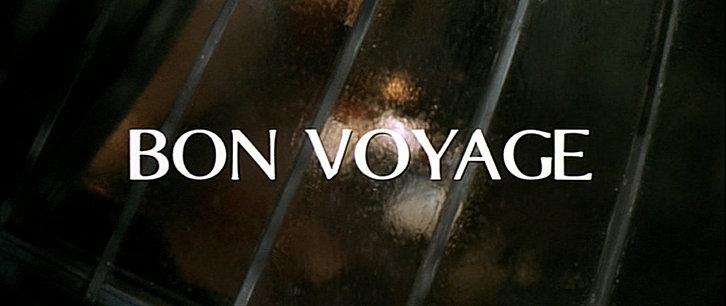
‘Bon Voyage’
Jean-Paul Rappeneau’s ‘Bon Voyage’ (2003) is one of those superb films that come around all too rarely. It manages to balance perfectly all the elements of drama, comedy, action, and romance, set in a convincing historical context.
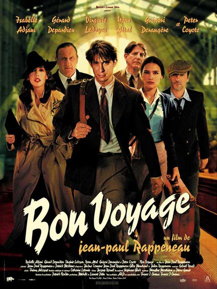
Bon Voyage
Jean-Paul Rappeneau
2003, France
1 hour 54 minutes
In 1940, Viviane Denvert (played by Isabelle Adjani) is a fickle, self-promoting film star who enlists her childhood friend, Frédéric Auger (Grégori Derangère), to extract herself from a compromising situation. As war creeps upon France, Auger finds himself behind bars for Viviane’s crime, but in the confusion of battle he manages to escape with the seasoned ne’erdowell Raoul (Yvan Attal). All of Paris is fleeing the German advance, and on the train to Bordeaux the two come across physics student Camille (Virginie Ledoyen) who helps them reach the western city by car when the train is stopped on the line.
In Bordeaux we come across government minister Jean-Étienne Beaufort, Viviane’s lover whom she uses to get Frédéric out of a sticky situation resulting from her own manipulation of him. Meanwhile, with all of Paris in Bordeaux, Viviane comes across another ex-paramour, Alex Winckler (Peter Coyote), keeping an unnatural interest in the affairs of the government, while the physics student Camille and her mentor Professor Kopolski are harbouring an important cargo they are determined must not fall into the hands of the Germans.
For fear of spoilers, that is all I will say about the plot, but it all comes packaged in a score by Gabriel Yared, better known for his scoring of ‘The English Patient’, ‘The Talented Mr. Ripley’, and Florian Henckel von Donnersmarck’s ‘Das Leben der Anderen’. The film was nominated for eight César awards in 2004 — best costumes, best director, best editing, best film, best original score, best sound editing, best supporting actor, and best writing — while it won three Césars that year for photography, best set design, and, for Grégori Derangère, best promising actor.
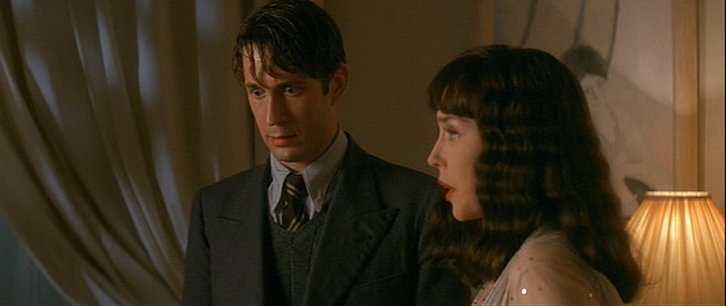
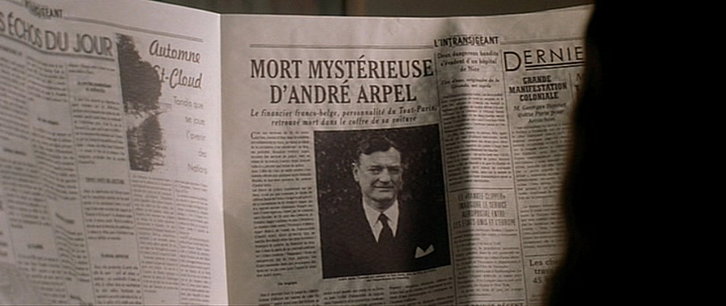
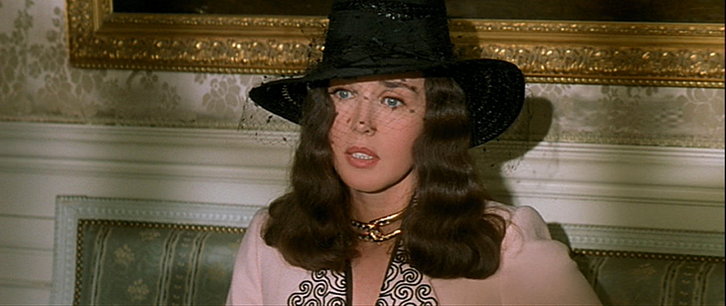
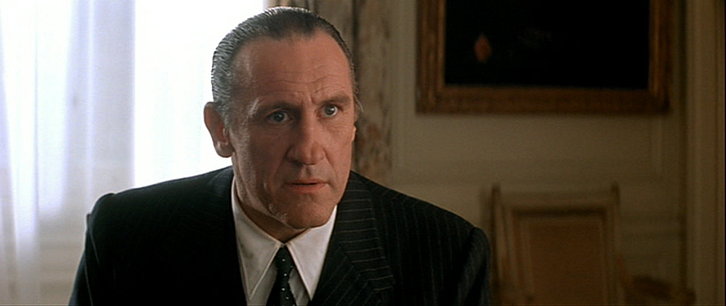
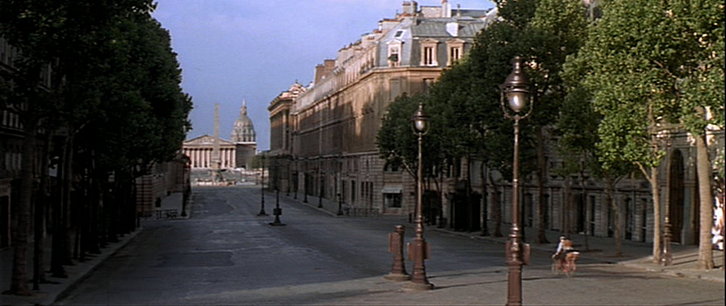
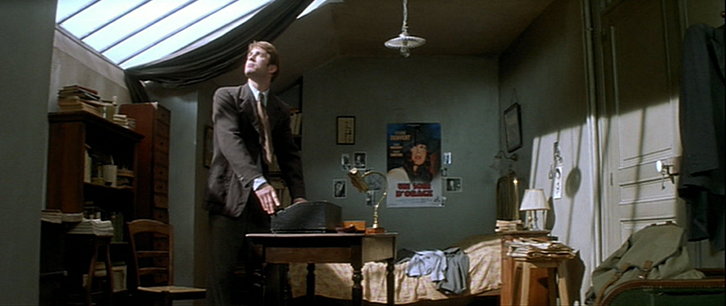
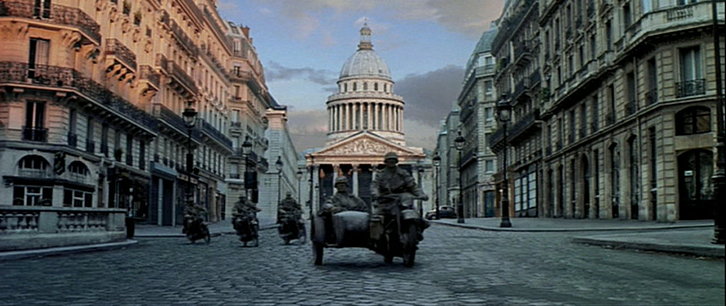
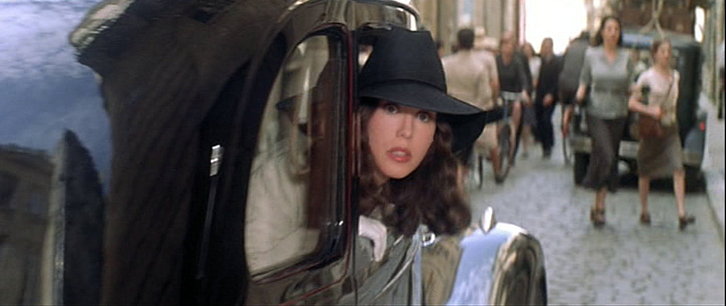
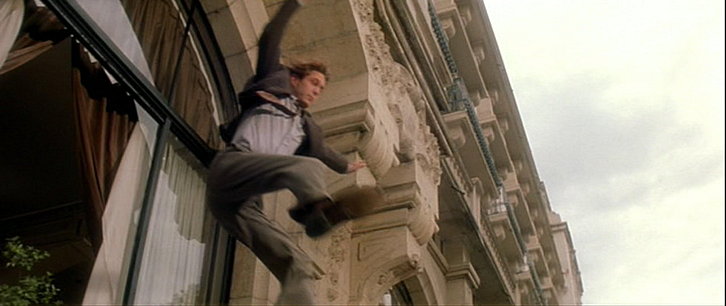
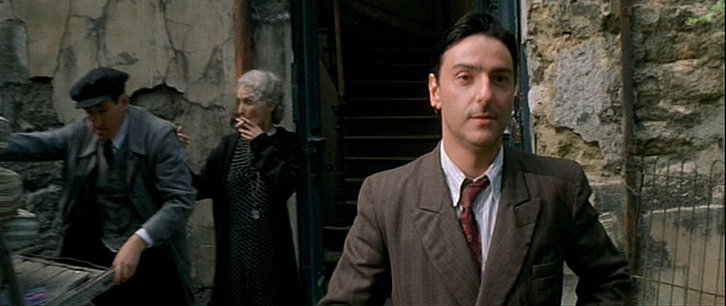
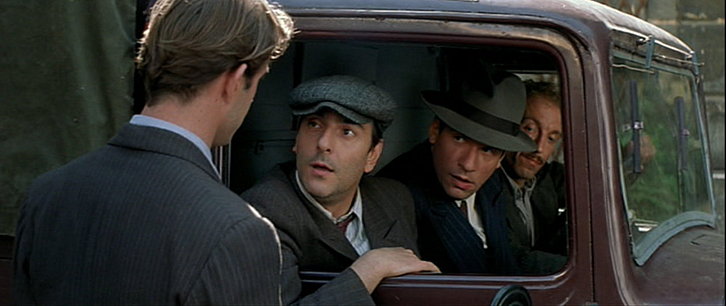
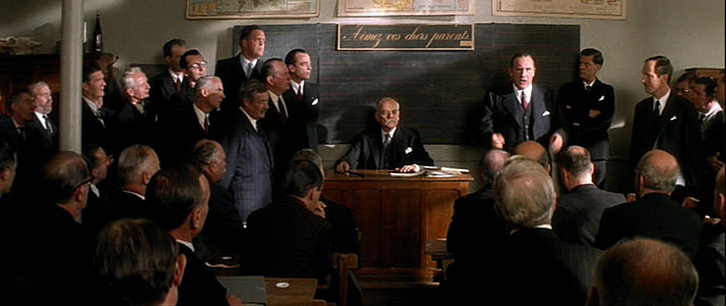
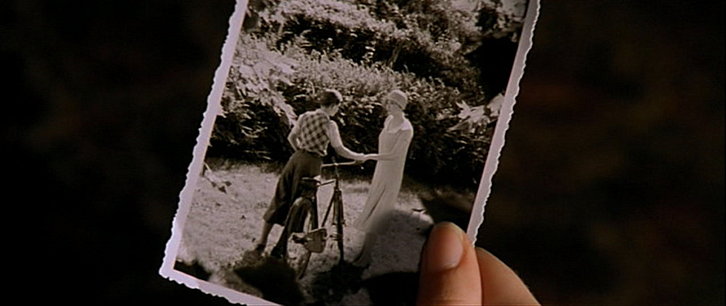
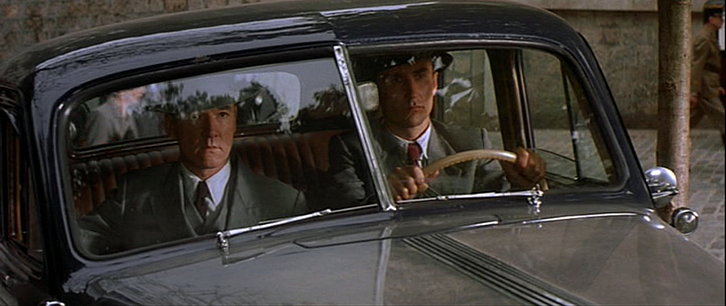
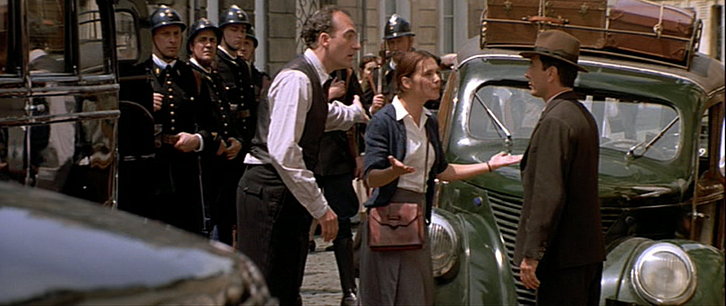
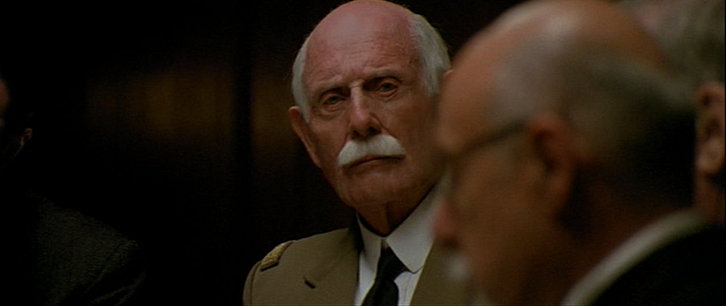
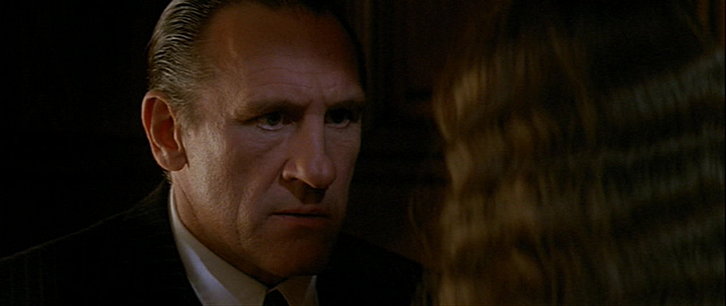
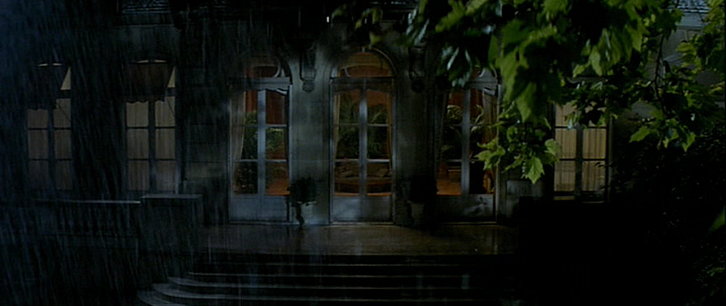
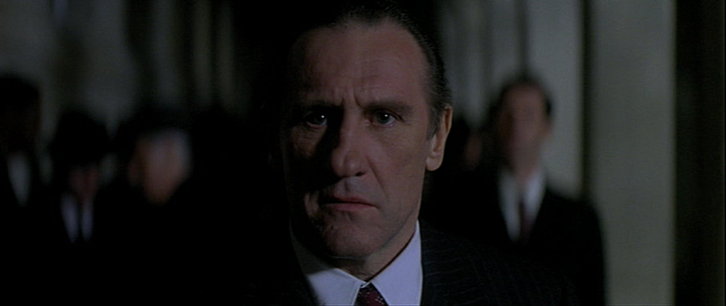
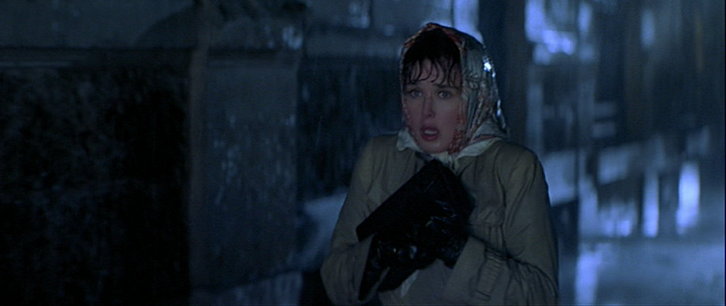
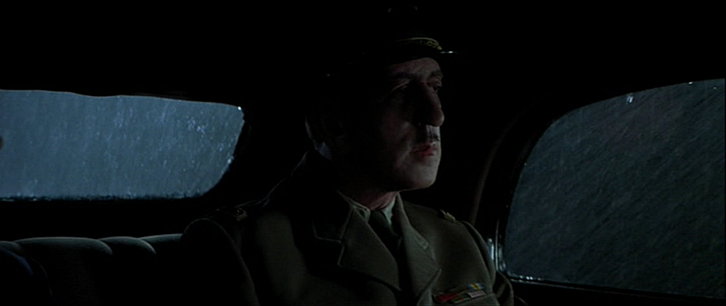
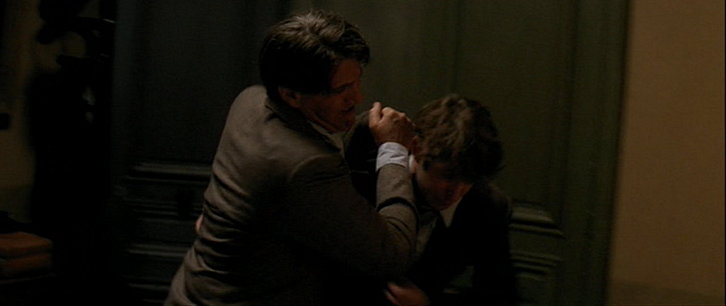
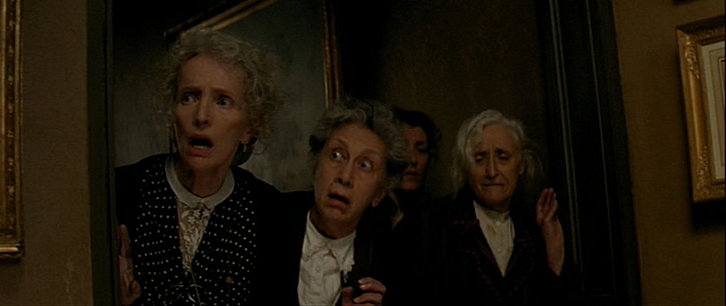
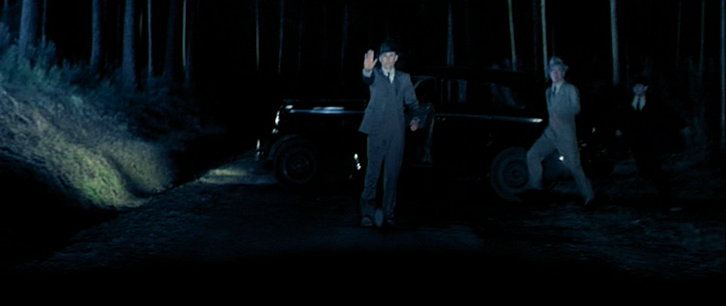
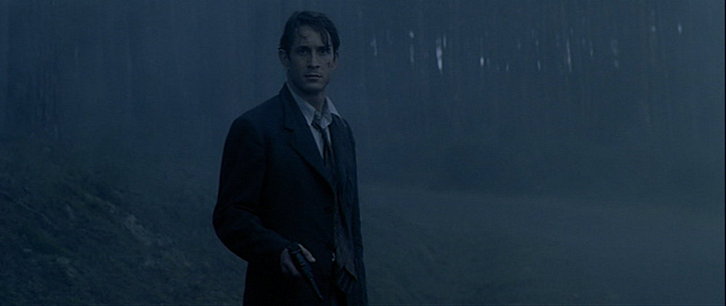
Search
Instagram: @andcusack
Click here for my Instagram photos.Most Recent Posts
- Gellner’s Prague December 19, 2024
- Monsieur Bayrou December 18, 2024
- Dempsey Heiner, Art Critic December 17, 2024
- Vote AR December 16, 2024
- Articles of Note: 12 December 2024 December 12, 2024
Most Recent Comments
Book Wishlist
Monthly Archives
Categories



Why, thank you Mr Cusack. Just what the doctor ordered.
I particularly like the photo of the German troops entering a pre-dawn Paris on 14 June 1940, on their way, no doubt, to secure the headquarters of the Grand Orient.
In this they were successful, causing panic in Free Masonic circles everywhere.
And by no means “all of Paris” was on its way out of the city: many were more than happy to welcome liberation from the hated Third Republic, however badly it may well have turned out later on.
The actor playing Marshal Petain looks very accurate with his beautifully coiffured moustaches, Kitty added.